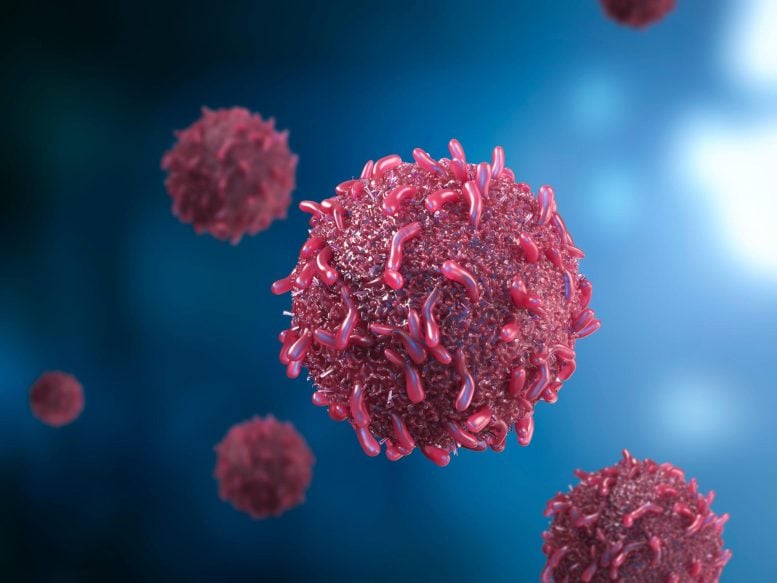
Scientists from multiple universities have identified crucial themes in pancreatic cancer biology that can serve as hallmarks for therapy, according to a study published in Cell. By targeting these hallmarks, including genomic alterations and immunotherapy, researchers believe they can transform pancreatic ductal adenocarcinoma (PDAC) treatment and improve patient outcomes.
These insights offer hope for improved outcomes.
A team of scientists from the University of California, Irvine, the University of Michigan, and the University of Texas MD Anderson Cancer Center has made a major impact in the area of pancreatic cancer research. Their recent study highlights several key aspects of the biology of pancreatic cancer that could serve as targets for therapeutic intervention. These aspects include genomic changes, metabolic processes, the tumor’s microenvironment, the use of immunotherapy, and the implementation of innovative clinical trial designs.
Their findings were recently published in the journal Cell.
Pancreatic ductal adenocarcinoma (PDAC), which accounts for the vast majority of pancreatic cancers, is a highly difficult and deadly form of cancer. Despite the significant advancements made in comprehending the biology of PDAC in recent years, there has not been a major improvement in the clinical treatment for most patients. Nevertheless, the authors are hopeful that the combination of progress in the areas they have identified as hallmarks will lead to a transformation in the way this disease is treated.
According to Christopher Halbrook, assistant professor of molecular biology & biochemistry at UCI and lead author, “Initial efforts to target PDAC vastly oversimplified the complexity of the disease. It has taken several decades of hard work during which we have been aided by technological breakthroughs in techniques to understand intricacies of pancreatic tumors to finally provide us with a roadmap for the development of better treatments for our patients.”
The authors emphasize the importance of approaching the disease from multiple angles, encompassing as many of the hallmarks as possible for the highest chance of success.
Their review summarizes the consensus models that have emerged underpinning the genetic development and path-wise progression of pancreatic tumorigenesis. It further highlights several exciting examples of ongoing research, including the development of investigational compounds and clinically deployed approaches to target the genetic and immunological features of PDAC, cancer metabolism, and chemoresistance.
The authors also discuss how advances in single-cell analysis and high-dimensional spatial profiling techniques have revealed the diversity of cell populations dynamically interacting within pancreatic tumors and discuss how to begin disrupting these networks to improve response to treatment. These approaches will pair with exciting avenues of new therapeutic development, such as cancer vaccines and antibody-drug conjugates, which hold enormous potential for the future of pancreatic cancer therapy.
The authors also express their optimism about the future of pancreatic cancer research and treatment.
“The previous 10 years have already seen the 5-year survival rate of PDAC double after remaining stagnant for decades prior. We are confident that the collective efforts of the scientific community will continue this trend to transform PDAC from a recalcitrant disease to a manageable disease,” said Halbrook.
The authors hope that their findings will inspire further research and ultimately lead to improved treatments and outcomes for pancreatic cancer patients.
Reference: “Pancreatic cancer: Advances and challenges” by Christopher J. Halbrook, Costas A. Lyssiotis, Marina Pasca di Magliano and Anirban Maitra, 13 April 2023, Cell.
DOI: 10.1016/j.cell.2023.02.014
The work involved collaboration with Costas Lyssiotis and Marina Pasca di Magliano from the University of Michigan, and Anirban Maitra from the University of Texas MD Anderson Cancer Center. Support for Halbrook was provided the Sky Foundation, the V Foundation, the UCI Anti-Cancer Challenge, the University of California Pancreatic Cancer Consortium, and the Chao Family Comprehensive Cancer Center.

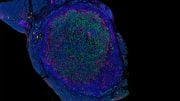


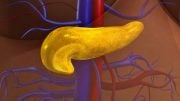
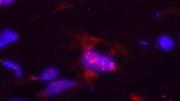

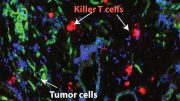
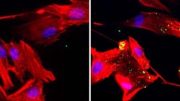
Be the first to comment on "Transforming Pancreatic Cancer Treatment: New Study Uncovers the Hallmarks of the Disease"